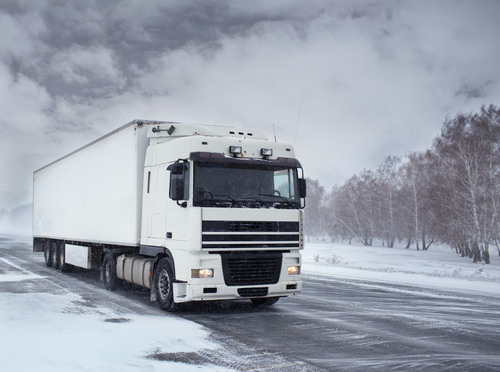
With many car accidents, determining what happened and who is at fault is pretty straightforward. If one driver ran a red light and caused a collision or rear-ended someone because they were texting, cause and effect are clear. But what happens if you were in a car accident when winter weather makes driving treacherous? Black ice, snow and impaired visibility from winter precipitation all might contribute to one or both drivers losing control.
Insurance companies never want to pay a penny if they can avoid it. If they can make it seem like their policy holder didn’t do anything wrong, it’s in their best interests. However, it doesn’t matter what the weather is like, if a person gets behind the wheel, he or she is accepting responsibility for exercising reasonable care.
At Fault Drivers and Winter Weather
Drivers are always expected to follow the speed limit and obey the rules of the road. When there’s snow, sleet, fog or the possibility of ice, they’re required to adjust their driving habits according to the road conditions.
If the posted speed limit is 65 mph, but freezing rain is falling, visibility is limited and ice is forming on bridges and overpasses, a reasonable person wouldn’t try to travel as fast as the law allows. He or she would reduce their speed and use extra care.
Snow, ice, fog and other winter weather definitely impair one’s driving ability. It’s exactly because winter weather conditions make a crash more likely to occur that drivers are expected to adjust their actions and avoid a collision.
Vehicle Condition and Fault During Winter Car Accidents
Drivers are responsible for making sure their car is equipped for the weather. Their windshield wipers should be working and in good condition. Tires should have sufficient tread to provide traction in adverse road conditions. Their headlights should work and provide sufficient illumination. Their brakes should function optimally for weather conditions.
They’re also responsible for anything they can do to improve visibility. If they started driving without scraping the ice from their windshield, their impaired visibility might have contributed to your accident.
Avoiding Liability in Winter Weather Accidents
Before you drive in bad weather, you can take steps to prevent an accident and protect yourself from liability if one does occur. Increase your following distance, stay alert and avoid distractions. Always take reasonable precautions, and do these things before you start your vehicle:
- Check your tires for wear and replace them when it’s time
- Check tire pressure and adjust as needed
- Replace windshield wiper blades as they wear out and add winter washer fluid
- Verify that all lights are in working order
If a Winter Car Accident Occurs
If you get in a car accident no matter what the weather, first get yourself and passengers to safety. Contact law enforcement and seek medical attention. Then if you were injured, s HYPERLINK "https://www.brelsfordpersonnel.com/ebook.php"chedule your free no-obligation consultation to talk about the circumstances that led to your accident and receive advice about your options.

